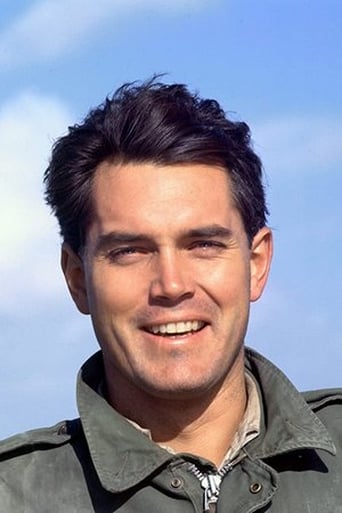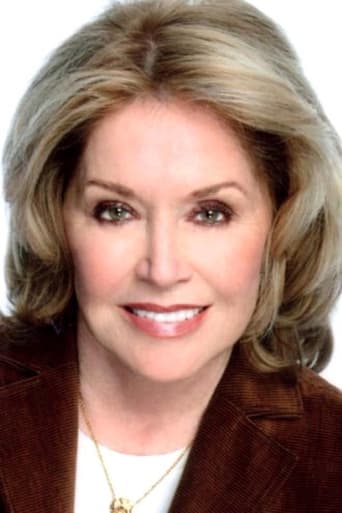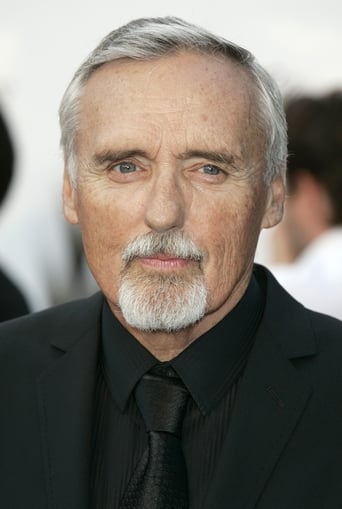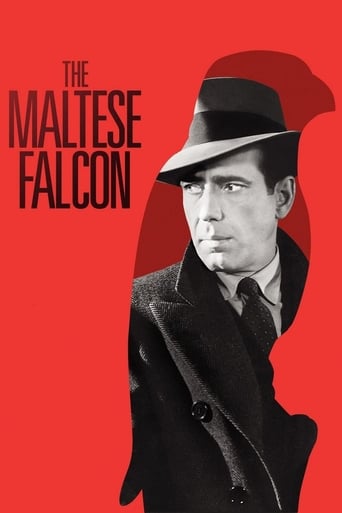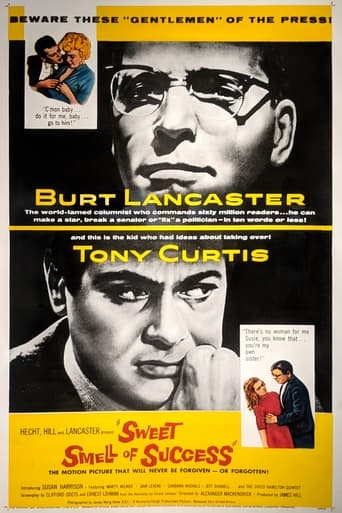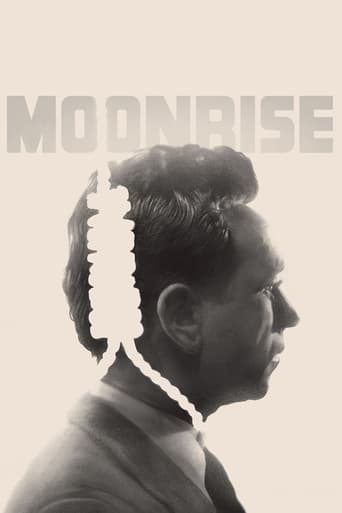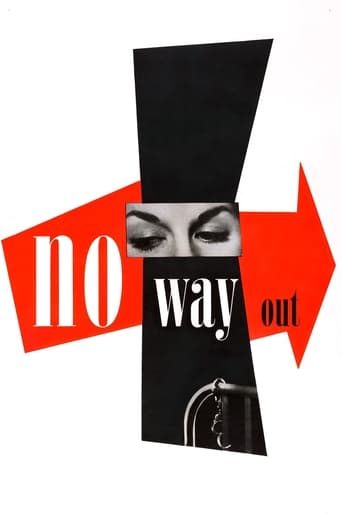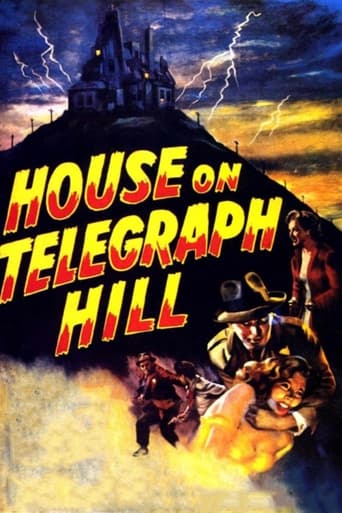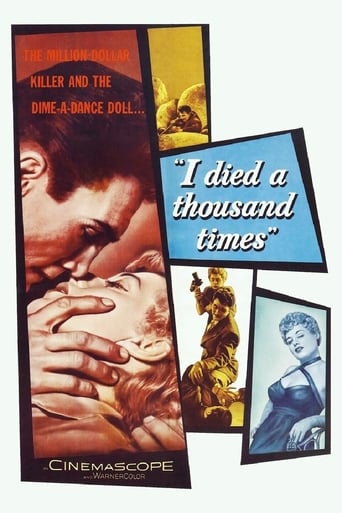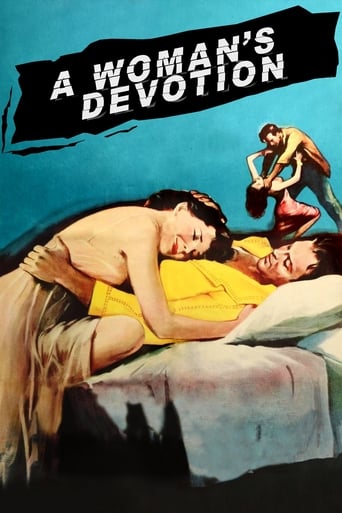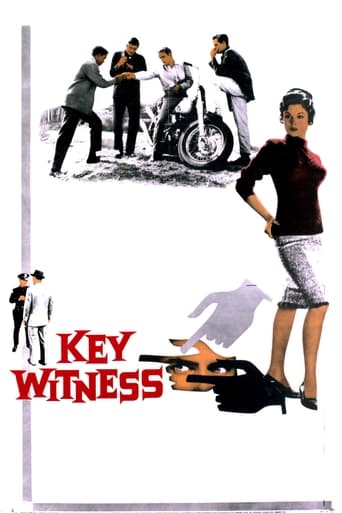
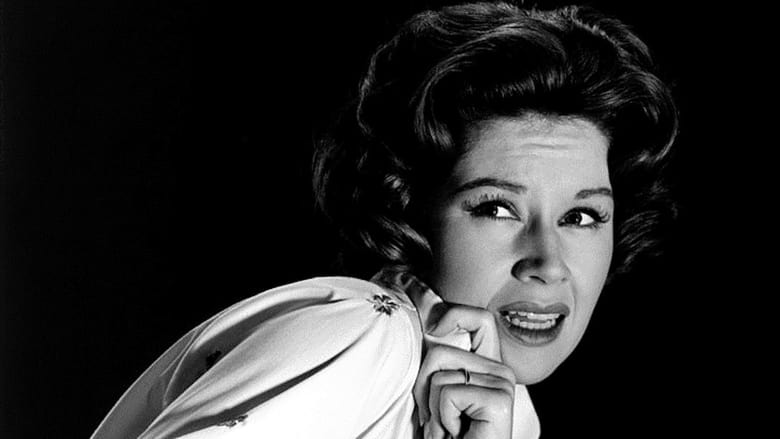
Key Witness (1960)
An average Los Angeles citizen witnesses a gang murder when he stops to use a telephone. When he presents himself to the LAPD as the only person willing to identify the culprits, he opens himself up to a campaign of intimidation from the gang involved.
Watch Trailer
Cast


Similar titles
Reviews
KEY WITNESS, based on Frank Kane's novel of the same name, is sort of the successor to MGM's 1955 BLACKBOARD JUNGLE, but with more acting flourishes (mostly by the supporting cast) and realistic settings. By 1960, delinquency and gang violence were recognized as an unpleasant reality outside of "old" urban centers such as New York -- but also not always (or often) involving such well-scrubbed suburbanites as those depicted in REBEL WITHOUT A CAUSE. Though its script stumbles in some notable places (a few involving basic logic -- except that this was a new world for many of the people who would have been watching in 1960), KEY WITNESS is a good depiction of the law abiding running up against the sociopathic lawless, with horrendous consequences for all concerned. The movie also plays, in somewhat naive fashion, on a racial angle in its plot and characterizations -- this is an odd touch, considering that the entire gang in Kane's book, if memory serves, was African-American. (Additionally, the book is more violent and also a lot more raunchy in terms of the Ruby character, who alludes to the idea of explaining her assault on the witness's wife because of a (rejected) lesbian overture in a courthouse ladies' room). The movie ends a little too squeaky clean and optimistically, not that differently from THE BLACKBOARD JUNGLE, but is more harrowing along the way. Along with releases such as THE SUBTERRANEANS, which was done around the same time, it was all a really interesting venture by MGM into territory far from its roots in high art and Americana, and an admission that the 1940s were long-gone. And anyone who likes the movie should check out the novel.
By the late 1950s film noir was dead but the juvenile delinquent thriller, originally inspired by the novels of Hal Ellson from ten years earlier ("Duke," "The Golden Spike," etc), was thriving on the B-movie circuit. But MGM and producer Pandro Berman, perhaps hoping to repeat their 1955 success with "Blackboard Jungle," tried to blow "Key Witness" up into an A-movie, widescreen Cinemascope, "Rebel Without a Cause" alumni (Hopper, Corey Allen), and all. Though the plot relies on sometimes ridiculous turns (in one maddening scene, a deputy runs into a courtroom interrupting testimony) and the characters are mostly cartoons (Muggles certainly lives up to the first syllable in his name), director Phil Karlson's decision to shoot on the streets of Los Angeles keeps everything moderately realistic. The opening scene, set in a hilly slum neighborhood just north of City Hall in the Chinatown area (though it looks like old Bunker Hill and is referred to as "East L.A." in the film), immediately puts the viewer into the middle of the action and the period. If this film had been shot on a soundstage, as "Blackboard Jungle" was, it would have fallen apart within the first ten minutes, but once again L.A. saves the day. If you love the atmosphere of on-location films from this era, you'll enjoy the sensation of sitting through "Key Witness."
I think that people miss the historical aspect of this movie. It was 1960 and Hollywood was just figuring out how to make a "real" and gritty crime drama. Yes the film is bizarre - Father Knows Best meets The Wild Ones or The Blackboard Jungle. The average scriptwriter probably wasn't real familiar with the daily life of street criminals and the language would have gone right over their head.But the movie shows the by 1960 crime was becoming more of a concern for the average middle class American family. People were starting to learn that their safe, secure little worlds, weren't and that the crime of the "lower class" neighborhoods was moving into their daily life.By 1970 middle class America would be much sadder and wiser, but this film shows that crime was a concern in during the good old days of President Ike.Basically it's an interesting look at the time.It's one of the few older movies I've come across in which there is a reference to a character, even a villain, using Cocaine. Yes the thugs are too clean and they don't look like they smell. As a cop I can tell you the one thing that movies don't convey is the smell of that world. How can they?The only movie that I can think of that came the closest was "Training Day".Don't compare this movie to modern productions, it isn't fair. Overacting and melodramatic scripts were normal and expected. Just watch shows like Star Trek,Route 66, The Big Valley and The Fugitive. Those shows were over the top by our standards, but not back then.It isn't that bad.
I really enjoyed this film. However, I enjoy all films of this particular genre. Black and whites film from the late 1950's/early 1960's. Plenty of hip looking individuals with snappy lingo. The detectives wear hats and the punks are bad news. It reminds me of "Blackboard Jungle" or some Stanley Kramer film.The story is about doing the right thing, even when the wrong thing is much easier to do. Moreover, you get to see a young Dennis Hopper do his early version of Frank Booth from "Blue Velvet." Good stuff in a retro kind of way.


